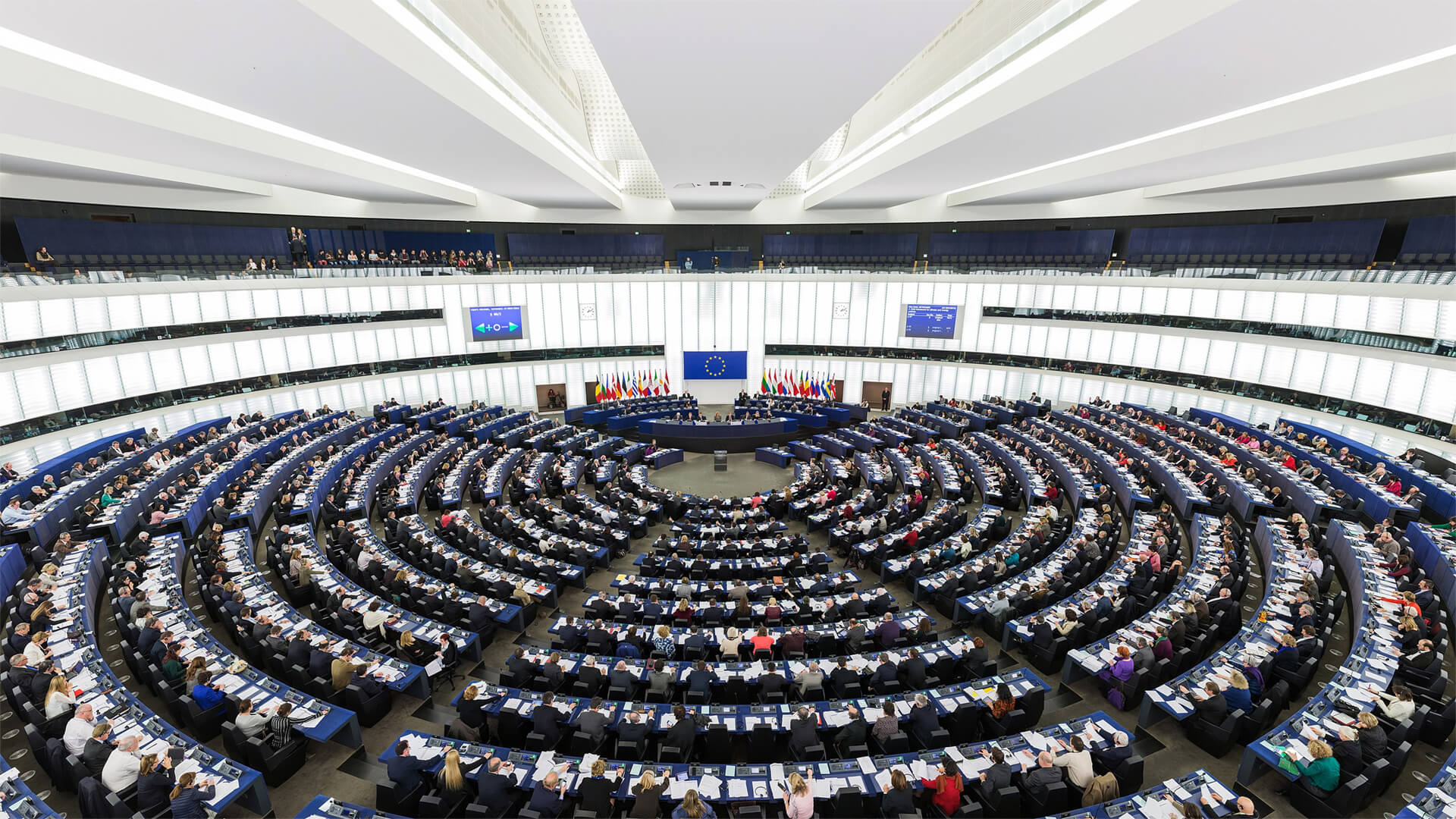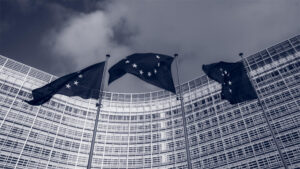The recent European elections yielded some significant gains for hard-right parties in a number of countries. Today, we’ll be focusing on Germany, Italy, and France, and whether these shifts are game-changers or more political minutia.
The weak coalition government under Chancellor Scholz has greatly diminished Germany’s role leadership role in Europe. The Italian right wing leader, Giorgia Meloni, solidified her position at the table in the recent elections. France is the one we all need to pay attention to.
President Macron’s party underperformed at the polls, which led him to call snap elections. Macron is gambling that the far-right movement will fall flat on its face when a bit of pressure is applied…but if he’s wrong and the snap elections go the other way, France might be getting some updates to their government.
So keep an eye on the French, but let’s not get too worried just yet. There’s a slew of levels to this and altering the power dynamics of Europe will take more than French snap elections.
Here at Zeihan On Geopolitics we select a single charity to sponsor. We have two criteria:
First, we look across the world and use our skill sets to identify where the needs are most acute. Second, we look for an institution with preexisting networks for both materials gathering and aid distribution. That way we know every cent of our donation is not simply going directly to where help is needed most, but our donations serve as a force multiplier for a system already in existence. Then we give what we can.
Today, our chosen charity is a group called Medshare, which provides emergency medical services to communities in need, with a very heavy emphasis on locations facing acute crises. Medshare operates right in the thick of it. Until future notice, every cent we earn from every book we sell in every format through every retailer is going to Medshare’s Ukraine fund.
And then there’s you.
Our newsletters and videologues are not only free, they will always be free. We also will never share your contact information with anyone. All we ask is that if you find one of our releases in any way useful, that you make a donation to Medshare. Over one third of Ukraine’s pre-war population has either been forced from their homes, kidnapped and shipped to Russia, or is trying to survive in occupied lands. This is our way to help who we can. Please, join us.
Transcript
Hey, everybody. Peter Zeihan here. Coming to you from Florida. sorry. No beach scene today. I’m kind of in a bit of a hurry, but a lot of people have written in expressing an interest in what’s going on in European elections and since that happened. So I figured I would cover a little bit of that today. the short version is that we’ve got this thing called the European Parliament, which technically is the legislative arm of the European Union, and they have elections every few years.
They just completed them and in Italy, Germany and France, the hard right, racked up significant gains, significantly higher in France, in Germany than the ruling party did. and so the question, of course, is this, a game changer? Let’s start with the Germans. the German government under Schultz is a three party coalition that is very weak because the three parties agree on very little.
So whenever something happens in Europe, the three parties have to get together and have a coalition meeting to hammer out a common position before they start bringing in discussions with other countries. So it’s a long, laborious process. It’s really tedious. And because the coalition is so weak and because the chancellor of Germany, Olaf Schultz, is a weak leader, Germany has basically vanished from being a significant player in most European affairs.
or at least not not very much of a leader like it used to be. in the case of Italy, you’ve got a government, led by, Meloni, who actually is of the hard right. If you want to use a term that some people find is a little bit weird. and so when her party did, well, everyone’s like, oh, she’s the up and coming leader, and there’s might be something to that.
And then third, you’ve got France, which as always is a special case. in France again, the leaving party under President Macron, excuse me, did very poorly. And it was the National Front, which is kind of a traditional rightist party that did very well. Macron took this as kind of a personal insult to his view of everything and called snap elections in France.
So France will now have full parliamentary elections, in order to figure out, who’s been around the country. now, there’s a lot of if ends and buts that go with this, this. But basically France is going to have elections less than two weeks after the European parliamentary elections results, which is not a lot of time to get them to be shaped up.
the criticism that a lot of folks have is that Macron is, a little arrogant, like he’s a French president. Of course he’s a little arrogant. That’s not a reasonable criticism. Certainly it’s nothing new. and so what is in play here? Well, we’ve got, kind of two things you need to keep in mind. First of all, the European Parliament is not all that.
It, basically is only responsible for one thing. And that is saying whether or not the European Commission, which is the kind of the executive arm of the EU, is allowed to stand, they can, vote it down if a new one is formed. Like we will be seen here in a few months. they can say no, we reject the slate of commissioners, and that’s really all the power they’ve got.
So don’t read this for more than it is, because it’s not a huge deal in that respect. The European Parliament is not what makes the decisions in Europe. That is the Council of Ministers, which is the group of prime ministers and presidents that all countries directly, basically they work by either unanimity or something called qualified majority voting from time to time in order to decide what happens at the European level.
So what you normally happens is you have a European Union election, the EPP European Parliament that goes one way and then everyone takes a breather and then we get back to politics as normal, where the far right doesn’t do nearly as well. Now, what Macron is doing is betting that that is still the case, and he can take the political wind out of the sails of what was basically a protest vote in a very short period of time.
not in the least like nine things behind anyway. So he’s betting that history is on his side on this one. And, you know, we’re going to find out real soon in just a few days. Okay. Second, Macron’s personal leadership is not on the docket here. It’s not on the chopping block. It’s not at risk in any way, because the political system of France is significantly different from the one in Germany or in the United States.
So here you vote for the president in Germany, you vote for party here. The president controls foreign economic policy in Germany, you vote for the party. You get coalitions within their parliament, the Bundestag, and that coalition decides who the prime minister is. So you have a singular leader in both places who makes most of the decisions for Cabinet Office.
Not how it works in France and France, it’s split. So the Parliament selects the Prime minister and they are responsible for domestic affairs. But there’s a separate set of elections for the presidency. And that’s when Macron has been elected independently. So let’s assume for the moment the Macron was right. Well then the far right will be shown to be a flash in the pan and they go back to old politics.
Let’s assume for the moment that Macron is wrong. And these snap elections that he’s called go the other way. Well then the government falls. We get a new prime minister. But Macron is still president. And in that scenario, we’ve got something called cohabitation, which basically means that not everybody agrees in France, you know, whoop de. So I don’t want to make this up for more than it is.
And even in the worst case scenario for the Macron government, you basically would have a split prerogative. The real issue where this may matter is going to be a national election, possibly in Germany later, but that’s going to be three years away. Unless, of course, the government falls. And then we have a different problem.








